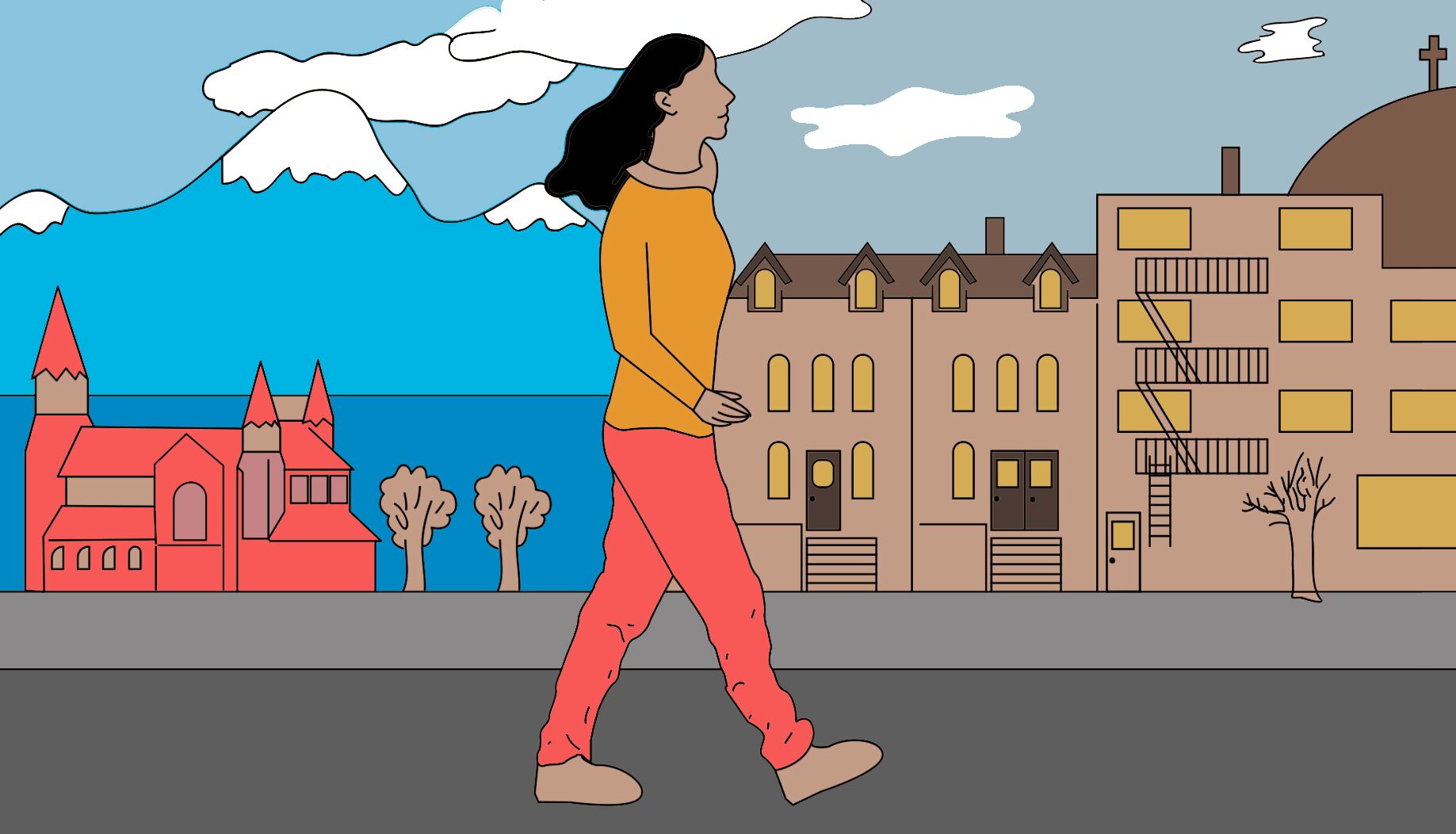One student’s thoughts on leaving Chile and entering Montreal’s diverse atmosphere
Moving to a different country often leads us to feel between places and cultures. I’m sure most of us who have come from a foreign land to study here at Concordia struggle to find that sense of belonging, whether our place is here, there or neither. It is easy to lose your sense of identity and feel lost, or like you have no sense of direction after your studies. Does this sound familiar to you? Because for me, it is a recurrent state of mind.
It is important to acknowledge the privilege many of us have to have been able to leave our homes in order to pursue a degree. However, this is not the situation experienced by the vast majority of people who immigrate. Many do so due to the hardships, conflicts and lack of opportunities they face in their home countries. Regardless of the case, experiencing nostalgia, sadness and/or loneliness is common. We all leave a life behind in order to make a new one; making multiple sacrifices along the way, since parting with what is familiar to us is never an easy task. Of course, there are the family and friends you’ve left behind, which always encompass one of the biggest pulls between both worlds.
Personally, growing up, I always had a particular itch to leave Chile, in order to get a new perspective on both the exterior world and my interior one, too. I was so confident that a change was in order—that if I moved, it would be permanent. I was and I still am extremely grateful for the privilege I have that allowed me to make that decision in the first place. But now that three years have gone by, I’m able to acknowledge how wrong and naive I was. Ever since I left, I have felt in between places and countries; not fully here but not quite there, either.
In Montreal, we experience new challenges. Language becomes a barrier if you don’t speak French and learning it can be a difficult task. Especially since by attending Concordia, we are mostly exposed to English speakers, which leads us to connect with only a small percentage of Francophones. However, one of the best features this city has to offer is diversity. No city is perfect, nor has it all, but Montreal does have a certain degree of multiculturalism, which helps us bridge the gap between our two worlds.
I must also acknowledge the fact that we are students living in a student city—in fact, Montreal was named number one in the world according to a 2017 QS World University ranking, an annual publication of university rankings by Quacquarelli Symonds. That being said, there’s always someone else you can bond with over the struggles that come with moving and living in a different country.
Nothing in life is permanent but change, and we are happiest when we do not resist it or overthink about the future. What I’m trying to say is that it is ok to feel conflicted, lost, homesick, sad, unsure, lonely—you name it. We must allow ourselves the space to experience the baggage that comes with moving farther away from home. This way, in this new place, we learn to grasp and contemplate our previous life from a new perspective. At the same time, we create a mindset that allows us to live and make the most of our current student experience.
Changing countries has multiple complications, which at times can be overwhelming, but feeling lost or homesick from time to time is natural. Getting anxious about where we are going next will only take away the peace that we enjoy in the moment. We will get there as we once got here. And if there is still a void you cannot fill, I strongly recommend you fill it with large quantities of Quebec’s greatest gift: poutine.
Graphic by @sundaemorningcoffee
